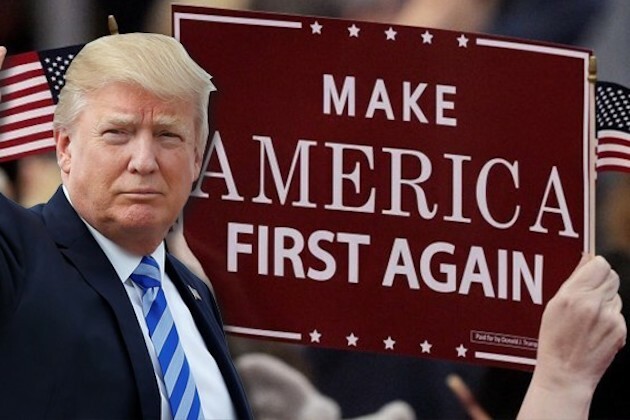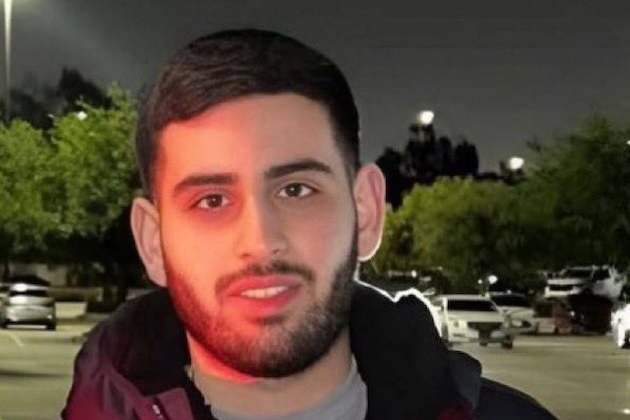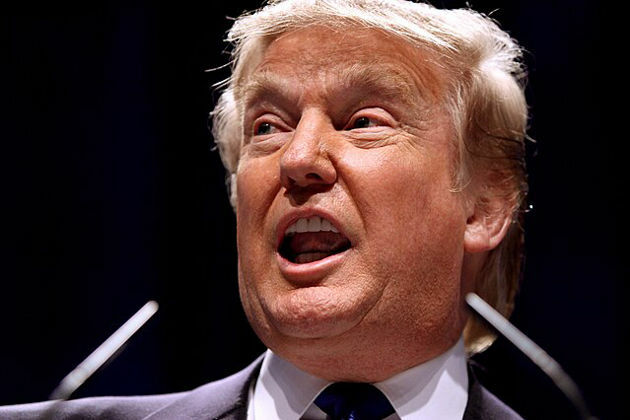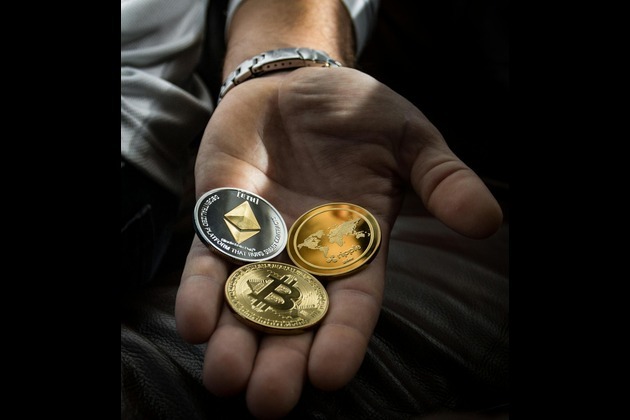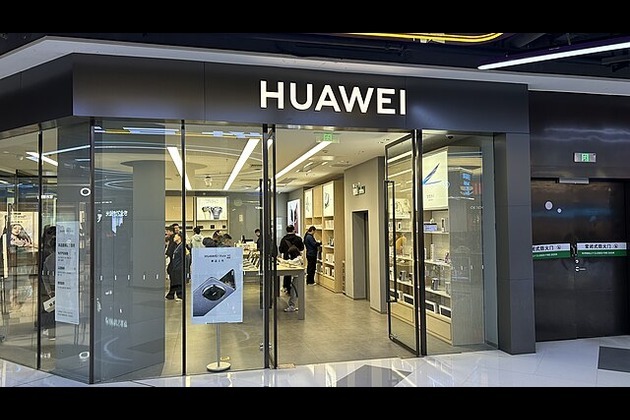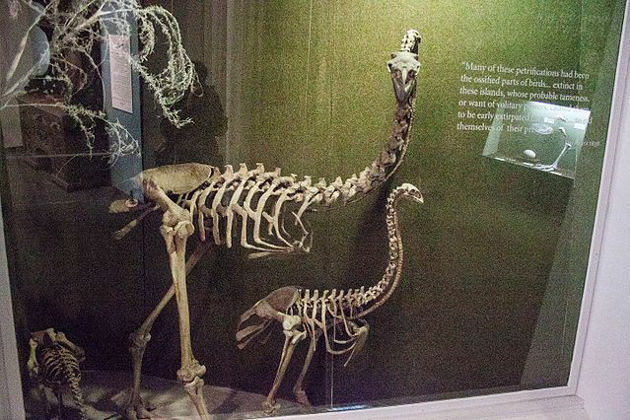LIV Golf: Sportwashing vs. the commercial value of public attention
The Conversation
23 Jun 2022, 02:09 GMT+10

The LIV Golf Invitational Series held its first event recently at Centurion Club in St. Albans, England.
LIV is a challenger to established tours in men's golf - most notably the PGA Tour. Golfers have seemingly been lured to LIV by exorbitant paydays. LIV prize purses are lucrative. So too is the money reportedly paid to top golfers to choose LIV competitions over other tour options (approximately $125 million for Dustin Johnson and $200 million for Phil Mickelson).
As social scientists who study golf, media and politics, we are interested in LIV as a case study of the "attention economy" in sport.
The pursuit of attention helps explain LIV's efforts at carving out space in a competitive golf landscape. But LIV has also been controversial - most of all due to the financial backing LIV receives from Saudi Arabia's Public Investment Fund (PIF).
What might be gained through an investment in the attention that LIV offers? What are the dynamics at work through such an investment? And what are the social and political implications?
Golf and the attention economy
The attention economy refers to the idea that attention has commercial value. For example, if attention is captured and retained, it can be sold - think of the (very costly) commercials that air during the Super Bowl each year.
Sport has special appeal in the attention economy because it generally commands a live audience. The fact that sport is good in-the-moment, unlike a sitcom that can be watched anytime, makes it excellent for capturing attention.
In one sense, LIV seems to be sidestepping these dynamics thanks to financial backing from Saudi Arabia's PIF (which extends Saudi Arabia's track record of investment in sport). This presumably relieves the pressure of matching revenue (like from broadcast contracts) to business costs (like prize purses).
But dig deeper and the fingerprints of the attention economy are there.
The Centurion Club event was shorter than a typical PGA tournament (54 holes instead of 72 - LIV refers to the Roman numeral for 54). Golfers began their rounds at different holes on the course at the same time, making for relatively compact viewing - "a broadcast-friendly four and a half hours."
LIV also touted "an audio-visual extravaganza of unprecedented depth and vibrancy." The series' CEO Greg Norman reportedly recruited David Hill, a renowned entertainment producer who previously helped overhaul Formula One broadcasts, with the hope of bringing a new generation to golf's aging fanbase.
LIV invokes a tradition of changing sport broadcasts (like hockey's infamous glow puck in the 1990s) and changing sport itself to attract consumer attention.
But perhaps the most important dynamic involves how, in the traditional golf format, star golfers command attention but have no guarantee of a tournament payout. The traditional tournament structure includes a mid-event cut line; if your score falls below it, you leave empty-handed.
Star players reportedly say their earnings should align with their status in the game. LIV's payouts to attract top golfers seemingly attempt to match financial rewards and attention. And there's no cut line: Everyone who played at the first LIV event earned at least $120,000.
Sportwashing
Given the Saudi Arabian government's record of human rights abuses, LIV has been described as a case of sportswashing. Sportwashing is when sport - with all the good feelings it inspires - is used as a tool for diverting attention from social or environmental problems.
Sportwashing relates to the concept of soft power which means exerting influence by attracting, rather than coercing, others. Think diplomacy instead of military intervention.
Hosting or sponsoring sports events are examples of soft power plays, since the idea is to present the host country or sponsor in a positive light. Accusations of sportwashing cast a cynical eye on attempts to leverage sport for soft power purposes. In this case, the idea is that LIV is a public relations ploy for Saudi Arabia and golfers are complicit.
LIV participants have been heavily criticized. And golfers joining LIV seem to be twisting themselves into knots to explain their decision.
When asked if he was participating in sportwashing, golfer Talor Gooch said: "I don't think that's fair. Also ... I'm a golfer. I'm not that smart. I try to hit a golf ball into a small hole. Golf is hard enough." And golfer Graeme McDowell's logic was "we're not politicians" - implying only decisions made by politicians are meaningful.
Sports journalist Shireen Ahmed notes that golf itself has a history of sexism and racism, and we've previously described golf's ambiguous relationship with environmental issues - all relevant topics when reflecting on the ironies of using golf for sportwashing purposes.
The politics and implications of attention
The LIV series adds to the mountain of evidence that sport and politics are interconnected. It's also a case study in the attention economy and how its inseparable from the incentive systems that drive investment in sport - and the social issues that are embedded in and surround sport.
LIV's future is unclear. Will it attract sufficient interest to remain viable? Will this even matter, so long as it's backed by Saudi Arabia's PIF? Will golfers continue to leave established tours? To what extent will negative attention remain? How will fluctuations in the amount and type of attention influence those who cover, invest in and consume golf?
As it stands, for all the efforts at reimagining golf to attract consumer interest, the sportwashing discourse has brought an avalanche of negative attention to the LIV series, and rightfully so.
Authors: Brad Millington - Associate Professor, Sport Management, Brock University | Brian Wilson - Professor, School of Kinesiology, University of British Columbia 
 Share
Share
 Tweet
Tweet
 Share
Share
 Flip
Flip
 Email
Email
Watch latest videos
Subscribe and Follow
Get a daily dose of Massachusetts Sun news through our daily email, its complimentary and keeps you fully up to date with world and business news as well.
News RELEASES
Publish news of your business, community or sports group, personnel appointments, major event and more by submitting a news release to Massachusetts Sun.
More InformationInternational
SectionSources: Meta won’t alter data model, faces fresh EU charges
BRUSSELS, Belgium: Meta is holding firm on its controversial pay-or-consent model, a move that could lead to fresh antitrust charges...
Trump’s tariff push could push US rates above 20%, ICC says
LONDON, U.K.: American consumers and businesses could soon face the highest overall tariff burden in more than a century, according...
U.S. Urged to Investigate After Israeli Settlers Beat Palestinian-American to Death
The family of Sayfollah Saif Musallet, a 20-year-old American citizen who was beaten to death by Israeli settlers in the occupied West...
New Hampshire federal court ruling defies Trump’s citizenship move
CONCORD, New Hampshire: A federal judge in New Hampshire issued a crucial ruling on July 10 against President Donald Trump's executive...
Houthis attack cargo ship in Red Sea, raising maritime safety fears
DUBAI, U.A.E.: A cargo ship flagged under Liberia, known as the Eternity C, sank in the Red Sea following an attack executed by Yemen's...
Trump administration restarts Ukraine arms deliveries
WASHINGTON, D.C.: The Trump administration has started sending some weapons to Ukraine again, just a week after the Pentagon told officials...
Business
SectionBitcoin soars to a record on Trump policies, institutional demand
NEW YORK CITY, New York: Bitcoin surged to a new all-time high this week, buoyed by growing institutional interest and a wave of pro-crypto...
Huawei eyes new buyers for AI chips amid U.S. export curbs
SHENZHEN, China: As global chip competition intensifies, Huawei Technologies is exploring new markets in the Middle East and Southeast...
U.S. food prices at risk as Brazil tariff hits key imports
LONDON/NEW YORK CITY: American grocery bills may be headed higher as coffee and orange juice prices face upward pressure from new tariffs...
WK Kellogg sold to Ferrero as food giants chase shelf power
BATTLE CREEK, Michigan: In a major consolidation of iconic food brands, WK Kellogg has agreed to be acquired by the owner of Ferrero...
Filmmaker joins biotech effort to bring back extinct giant bird
WASHINGTON, D.C.: Filmmaker Peter Jackson's lifelong fascination with the extinct giant New Zealand flightless bird called the moa...
India seeks WTO nod for retaliatory tariffs on US
NEW DELHI, India: India has submitted a revised proposal to the World Trade Organization (WTO) in Geneva to implement retaliatory tariffs...


